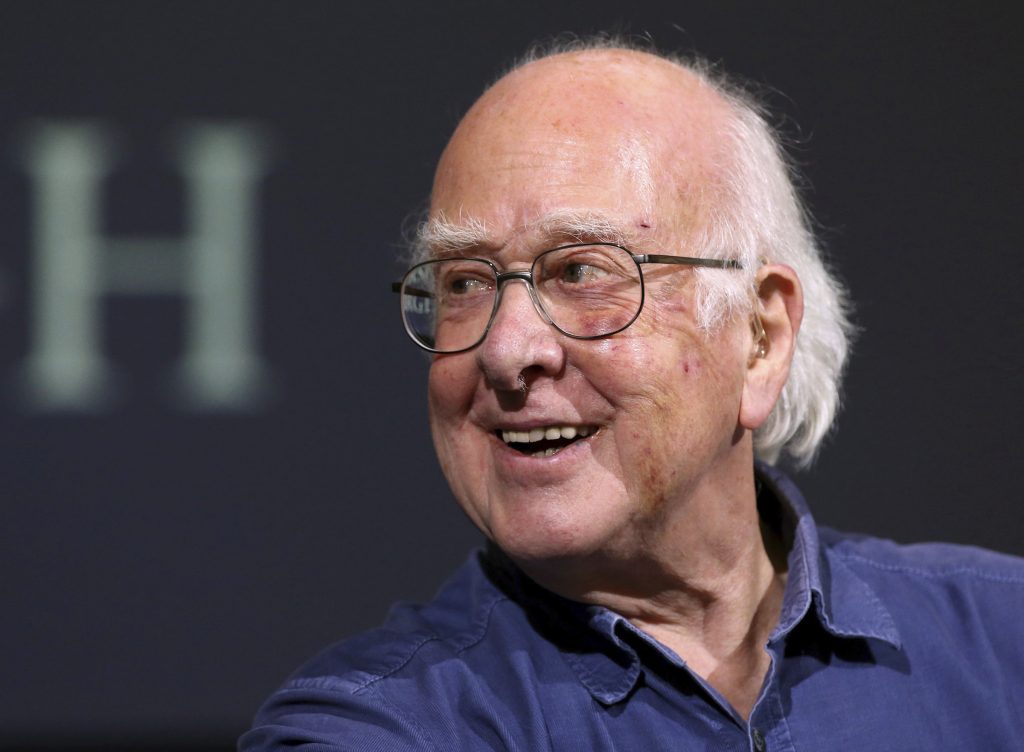A physicist who won the Nobel Prize has passed away. Peter HiggsThe University of Edinburgh announced the death of the physicist who proposed the existence of the 'God particle' and its role in the formation of matter after the Big Bang. The University of Edinburgh made the announcement of his passing. Tuesday.
The university, where Higgs worked as a professor, reported that he passed away peacefully at home after a brief illness.
We are sad to announce the death of Professor Peter Higgs, who has passed away at the age of 94. https://t.co/yVdsvoizeC
— The University of Edinburgh (@EdinburghUni) April 9, 2024
Back in 1964, Higgs predicted the existence of a new particle known as the 'God particle.' However, its existence wasn't confirmed until nearly 50 years later at the Large Hadron Collider. Higgs boson Higgs put forward a theory about how subatomic particles gain mass, which is a key part of the Standard Model explaining the physics of the world's construction.
The university described his 1964 paper as groundbreaking, showing how particles obtain mass through the existence of a new sub-atomic particle, later called the Higgs boson.
In 2012, scientists at CERN confirmed the existence of the Higgs boson, a major advancement in physics.
Higgs shared the 2013 Nobel Prize in Physics with Francois Englert for their independent work on the same theory.
Higgs was awarded the Nobel Prize in Physics in 2013. The Vice Chancellor of Edinburgh University spoke highly of Higgs, praising his significant contributions to science and his lasting impact.
Higgs' work has helped to unravel one of the fundamental mysteries of the universe: how the Big Bang led to the creation of matter.
Confirming his theory required significant effort and the use of the world's largest atom smasher, the Large Hadron Collider at CERN.
One memorable moment in Higgs' career occurred in 2013 when he witnessed the confirmation of the boson at CERN, leading to an emotional reaction from him.
Peter Higgs, who was born in 1929 in Newcastle, studied at King’s College, University of London, and had a long and distinguished career at the University of Edinburgh.
Higgs was the recipient of honorary degrees from numerous universities, recognizing his contributions to the field of physics.
In 2013, Queen Elizabeth II made him a Companion of Honour.
Peter Higgs, the person who came up with the groundbreaking idea of the Higgs boson 50 years before its official discovery, passed away after a short illness.
Higgs received honorary degrees from more than a dozen universities, including Edinburgh in 1998, Swansea in 2008, Cambridge in 2012 and St. Andrews and Manchester in 2013.
In 2013 he was appointed a Companion of Honour by Queen Elizabeth II.




